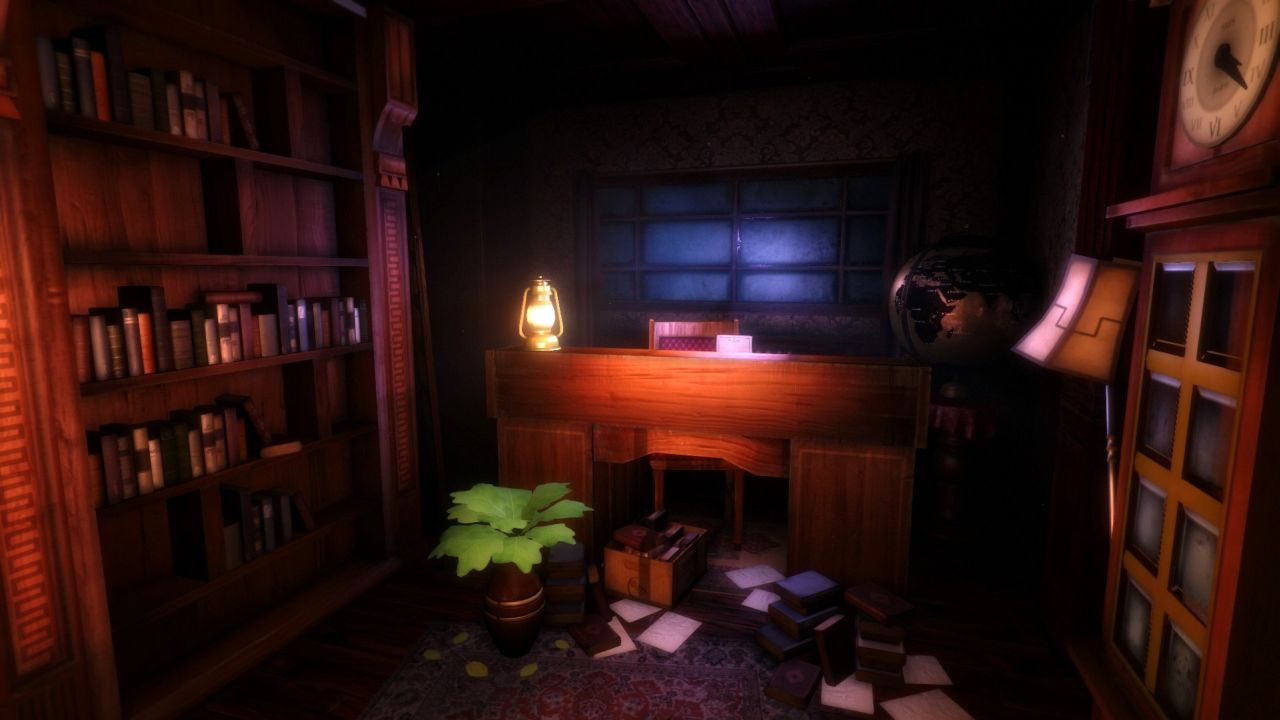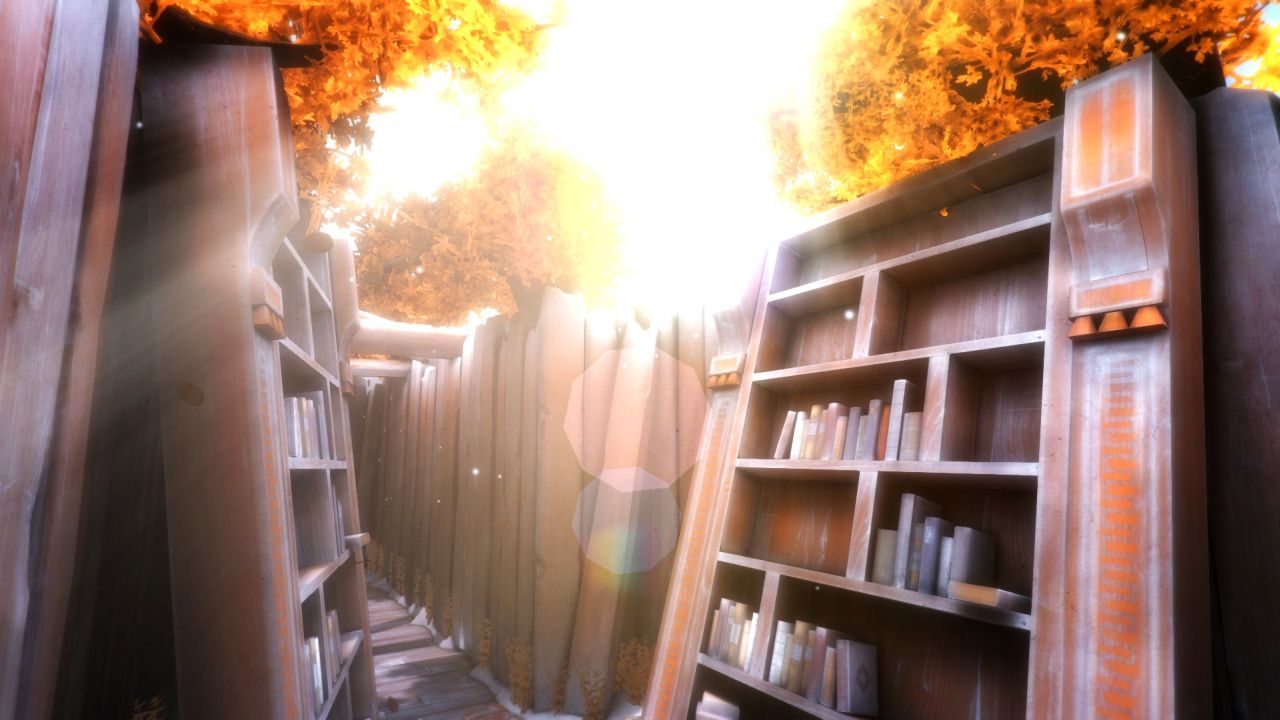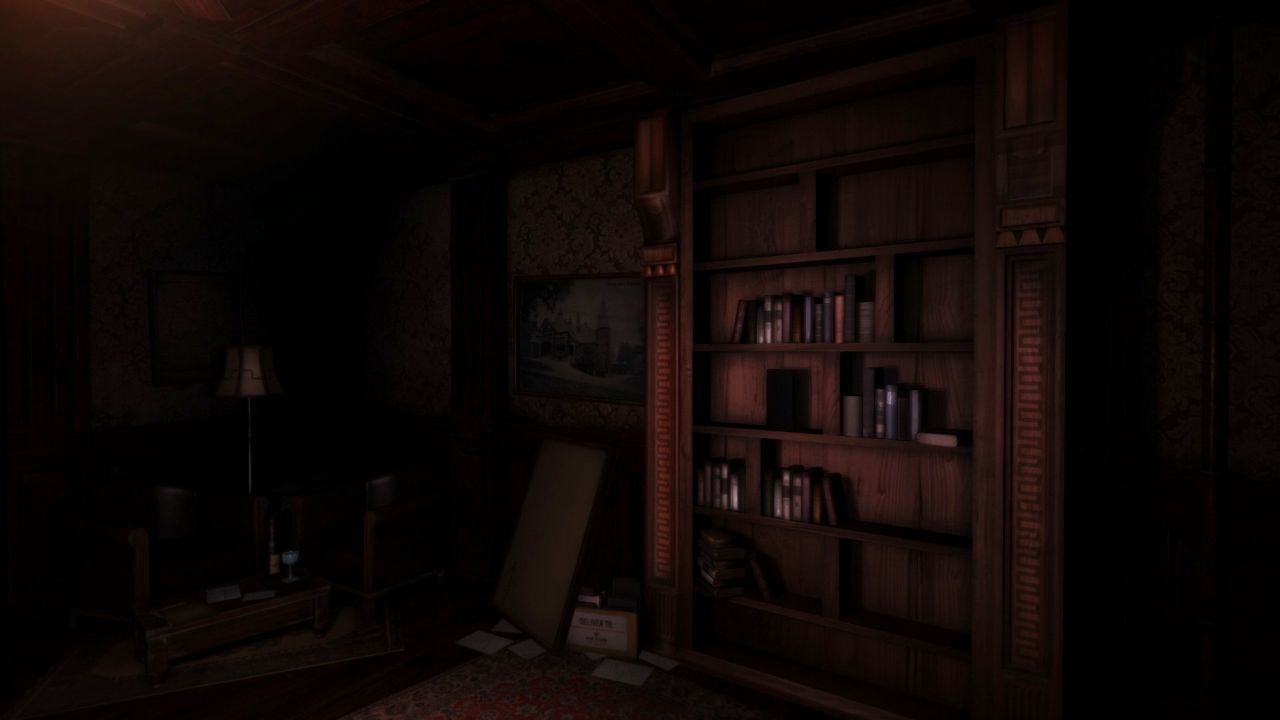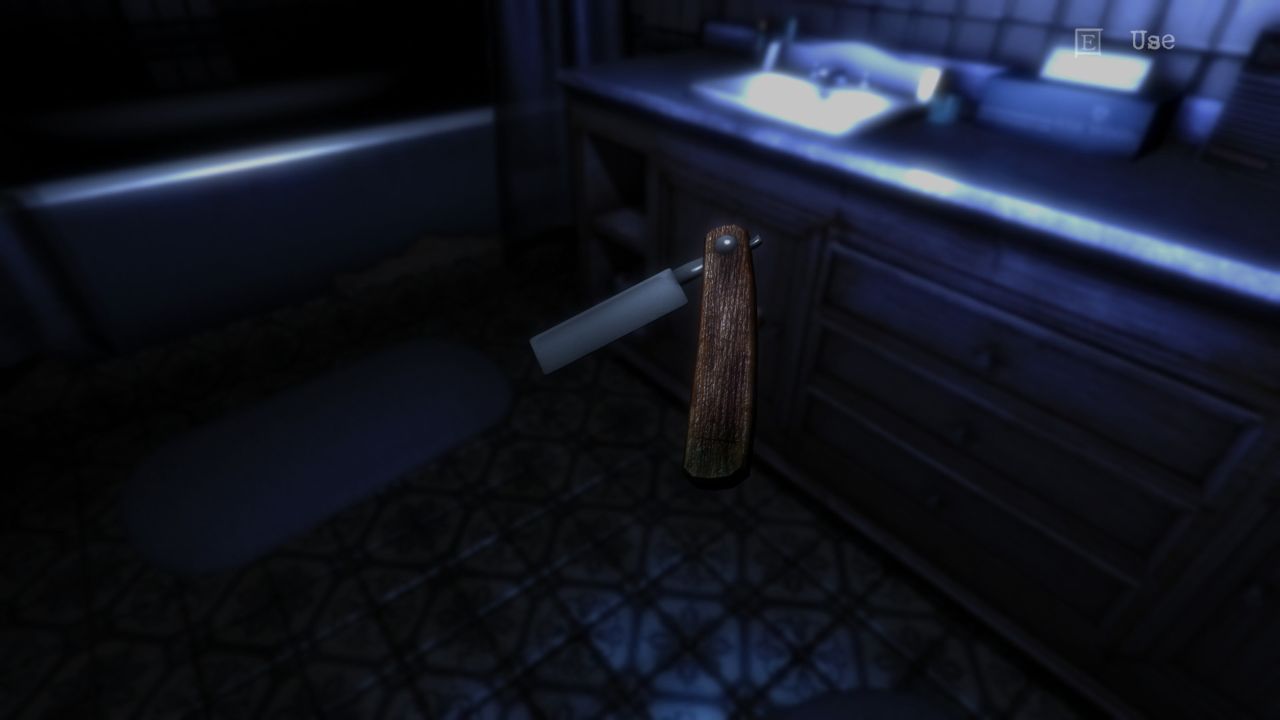The Guest Review
Heeeeeere's monotony!
In the dystopian future year of 2016 it’s all too easy to see Adobe Flash as a bloated, ageing behemoth, ill-suited to a world of mobile devices and riddled with security holes large enough to drive a Trojan horse through without even ducking its head, but as somebody who grew up with very few games to my name around the early- to mid-2000s, I do have something of a soft spot for the old girl. Where would we be without that gradient-fuelled explosion of web-based gaming? Would we still have a thriving indie game scene without the legions of programmers who cut their teeth on gimmicky breakout clones? Would we still view Mario through the same cynical postmodern lens without the countless sprite movies wherein he takes on the persona of a foul-mouthed slasher flick antagonist and runs amok through the Mushroom Kingdom with an arsenal of Castlevania weapons? I’ve played more ultraviolent stick-man beat-em-ups than I can remember, clicked my way through a myriad of grind-tastic online RPGs, and eye-twitched my way through an increasingly unfair series of platformers clamouring for the crown of “hardest gaem evarrrr!” I wouldn’t go back to those days on pain of death, but I think we can agree that they’re worth looking back on with at least some measure of fondness.

Did anybody really miss escape-the-room games, though?
Yeah, you know, escape-the-room games. Held intact by the lashed-together bones of old point-and-click adventure puzzles, they were ideal for the amateur bedroom developer because you didn't have to draw much, you didn't need to formulate characters, and as long as you could program global variables to change when the mouse clicked on things, you were pretty much qualified to code the whole thing. They all stemmed from the same premise: lock the player in a confined area—preferably one with lots of drawers, keys, and incongruous overcomplicated locking mechanisms—and wait until their flailing attempts to brute-force the puzzle solutions eventually latch onto your rollercoaster train of logic. They were tight, modest experiences, to be sure—I mean, you had to be, or your commenters would whine about having to download a whole fourteen megabytes—but the well-crafted ones could be strangely satisfying, if only as a demonstration of how a seemingly tiny space could be economically engineered to slowly unfold like a box of jeweller’s tools.
The Guest, though it’s billed as a “first-person exploration game”—probably because kids today don’t know what Newgrounds is—feels more like a grown-up tribute to those escape-the-room games than anything else. It’s the distant year of 1986 and you are Doctor Evgueni Leonov, an esteemed academic of some sort who has been invited to speak in front of a lot of other academics at the University of Boston. It’s not exactly clear what your area of expertise is, but after waking up in the middle of the night in your hotel room to find that your bedroom door has mysteriously disappeared, it soon becomes apparent that no degree is going to be of much use to you here. The hotel room has been infested with bizarre mechanisms, the power is on the fritz, and it soon becomes apparent that the organisation that arranged your invitation may have ulterior motives besides letting you stand at a lectern and talk everyone to sleep for two hours.

The nice thing about The Guest—or the nicest thing, as far as my patience is concerned—is that it’s a rare example of an escape-the-room game where the puzzles appear to have been designed by a sensible, intelligent human being, rather than a concussed pigeon pecking dazedly at the keyboard for twenty minutes. In the pursuit of difficulty, many of The Guest’s forebears tended towards ludicrous puzzle solutions banking on obtuse correlation or improbable MacGyver-esque item combinations, but despite the prevalence of strange techno-magical devices throughout the hotel room, The Guest’s puzzle logic feels remarkably intuitive. Even if you’re not exactly sure what you’re doing, it’s usually obvious when a parallel shows up—you find a pair of pliers and you find something to bend, or you find a list of phone numbers and a phone—and making that connection is usually enough to push you in the right direction. Progressing feels like a matter of searching for puzzle items as much as actually solving them—rummaging through drawers, peeking under tables and inside cabinets—so you’re generally encouraged to get as intimately familiar with your surroundings as possible. As somebody who’s all too eager to turn other people's rooms inside out in search of their most private possessions—in video games, I mean—I had no trouble obliging.
Puzzle design is a delicate beast, though, and the upshot of The Guest's unwaveringly sensible solutions is that it's about as engaging as flossing your teeth in the morning. Alright, so maybe it was infuriating when old adventure games expected you to solve simple tasks like “get the cookie tin down from the topmost shelf” via some preposterously circuitous means involving a rolled-up newspaper, a firecracker and a fishing hook, but it at least encouraged you to think laterally and get inside the designer's head to a certain extent, even if the inside of the head in question is an untamed swamp full of slimy things that go “gloop”. The Guest, by contrast, barely expects you to think at all. You're able to pick up useless clutter along with actual useful items—a design trope I'm generally fond of, as a means of crushing the viability of brute-force strategies and letting me have a closer look at my surroundings—but it's so obvious when and where you come across the right place to use an item that it really doesn't matter either way. The toughest puzzles are the self-contained ones that you find arbitrarily hidden in, say, bathroom cupboards, but in many cases even those are heavily reliant on finding titbits of information hidden elsewhere rather than pure problem solving.

I was initially a bit apprehensive about picking up The Guest because it looked like the kind of game that locks you in a pitch-black room with a quartet of screeching violins, a flashlight, and a man who woke up halfway through his reconstructive jaw surgery, but thankfully it turns out that the game's penchant for turning out the lights is more for the sake of the atmosphere than anything else—something that it happens to do very well indeed. Your hotel room is delicately perched on the fence between creepy and welcoming; warmly furnished, ostensibly safe and set against a calming soundscape of gentle rain and lounge jazz, but nevertheless tainted by inexplicable activity, shadowy corners, and alien devices. It's a very intimate space invaded by the very unfamiliar; not exactly personal like the abodes of P.T. or Silent Hill 4, but still close enough to home to make you nervous when you reach into the dark for the light switch. It's not a perfectly presented experience, though; sound sources are often strangely placed or fall off suddenly, and for a game about peering intensely into every nook and cranny, the textures are disappointingly muddy. Still, it beats looking at a load of gradient-filled circles and headache-inducing perspective inconsistencies.
Where The Guest really starts to resemble its forebears, though, is when it starts trying to ham-fistedly shape a plot around its central premise of being locked in a hotel room without any access to room service. It’s not uncommon for escape-the-room games to take a right turn at sensible street and depart for the outlandish nebula—there’s only so many times you can blame off-brand Jigsaw or lousy maintenance crews for this kind of situation before it gets kind of trite, I suppose—but even by those standards, The Guest’s attempts at storytelling fall pretty flat. One major point is that Evgueni regularly experiences short hallucinatory episodes that can only be solved by taking his prescription pills—I don’t know why they use the name of an anti-depressant on the prescription, maybe they just liked the sound of the name—but despite it happening twice throughout the game’s very modest length, I honestly couldn’t tell you what it adds to the experience. It only ever occurs as part of scripted sequences, so it’s certainly not a gameplay feature, and it means nothing in the context of what’s really going on, so what’s the bloody point? Each hallucination gets delivered with the subtlety of a hammer blow to the kneecap, so it’s not even as if it’s just there to toss a fine mist of surrealism into the creepy atmosphere. It’s just a thing that happens.

Then you have the attempts at environmental storytelling, which start off promising and quickly plunge into astonishing mediocrity. The game does a fine job of introducing your plight through the random items scattered around your room, even subtly hinting at the presence of a shadowy organisational body that may or may not be responsible for your incarceration, but before long you’re finding newspaper clippings concerning an academic who befell a similar fate—handily unveiled in chronological order—and ominous messages addressed to you in the kind of scratchy handwriting that I could probably find if I put “crazy person asylum horror royalty-free font” into Google. No explanation is ever presented for their presence, and when the big reveal comes around, it becomes clear why: there isn’t one. There’s no Doug Rattmann figure scurrying around in the eaves trying to help you, and frankly even if there was, he’d probably leave in disgust after you learn what’s going on and continue to blindly press on. You’re railroaded by forces beyond your control, so the revelation makes absolutely no difference to your actions, and from there it’s just a matter of time before you’re funnelled into a disappointing, anticlimactic ending that manages to retroactively make everything you’ve done up to that point feel like a giant waste of time.
In all honesty, though, whatever storytelling issues The Guest may be struggling with—not to excuse it from them or anything—the truth is that its inherent format had more or less scuppered its chances of having a gripping narrative before the writer was even allowed near a keyboard, unless you find something inexplicably enthralling about trawling the same ten square meters of floor space for clues over and over. More than anything, that’s what it boils down to with The Guest: the format. Do you like escape-the-room games? Well here’s one with lovely presentation, a few fresh ideas in its head, and puzzles that weren’t designed by the human equivalent of the slime that clings to the underside of a pier. Are you indifferent to, or perhaps even repulsed by, the prospect of plodding back and forth in a richly-furnished prison cell, solving inexplicably-placed problems while staring longingly at the apparently impenetrable windows? Well then, don’t expect The Guest to be some transformative evolution of the formula.

It’s an experience that captures the highs of the genre as much as the lows—alright, albeit with some of the more cancerous design tropes carefully excised—and yeah, maybe that’s not much of a ringing endorsement, but with any luck it’ll prick up the ears of the kinds of people who legitimately enjoy this sort of thing. If you are that kind of person, and you’re willing to part with money for a bigger, more polished, more refined sibling to the games that once crowded every Flash game site’s in-tray, then The Guest is everything you’d expect it to be. If you’re not that kind of person... don’t bother checking in.
 Comments
Comments











